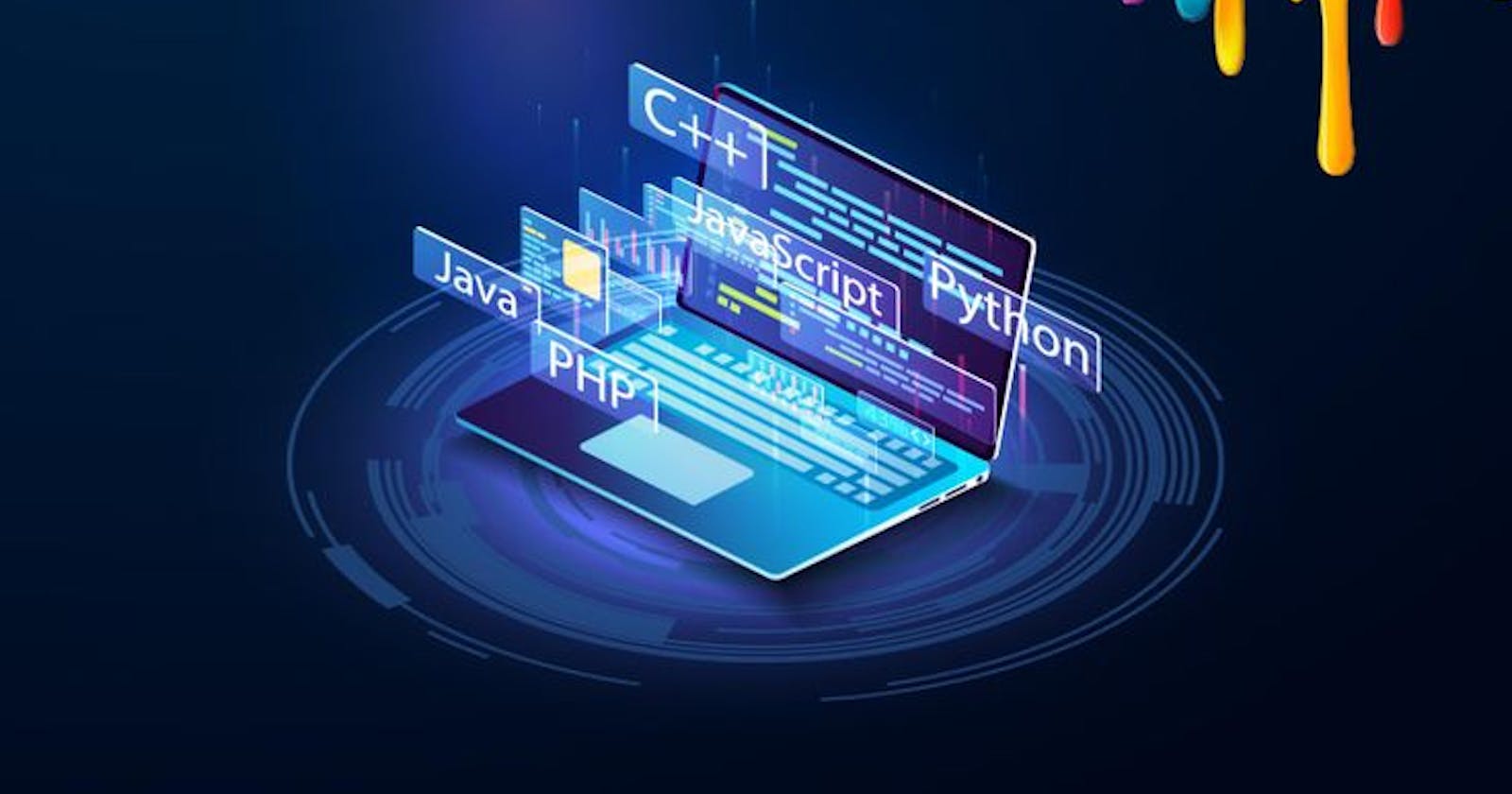Beginner's Guide to Web Development: Navigating the Path to Success 🚀
Essential Tips, Tools, and Strategies for Aspiring Frontend Developers
Introduction
Welcome to the world of web development! Today, as an Self-taught Aspiring Developer, I'll share some tips that I wish I knew before I started learning. Whether you're a tech enthusiast, a creative individual, or just starting out, getting into web development can be really exciting. But like any new journey, it's important to plan carefully, prepare well, and know what to expect. In this blog, I'll go over some important things to do and not to do for beginners in web development, helping you navigate through the complexities and challenges of creating your first websites and apps.
Understanding the Basics
Before you start coding, it's crucial to grasp the basic ideas of web development. This means learning about HTML5, CSS3, and JavaScript—the building blocks of the web. Understand how websites are put together and how browsers understand code. This will give you a strong foundation for your journey.
Setting Clear Goals
Setting clear goals is important in any learning journey, including web development. Decide what you want to achieve—whether it's making a personal website, learning a particular framework, or aiming for a career in web development. Clear goals will keep you focused and motivated as you learn.
Learning Resources and Education
There are tons of resources online for learning web development, like tutorials, courses, coding bootcamps, and forums. Explore different learning platforms and find ones that suit your style of learning. Also, consider joining coding communities like on Discord, LinkedIn and attending meetups to connect with other developers and learn from their experiences.
Practical Application and Projects
Theory is good, but putting your knowledge into practice is where you'll really improve your skills. Start building small projects early on to apply what you've learned. Whether it's a simple portfolio website or a small web app, hands-on projects will reinforce your learning and show off your skills to potential employers.
Best Practices and Coding Standards
Following best practices and coding standards is important for writing clean, easy-to-understand code. Learn about industry-standard practices like using clear HTML, CSS methods like BEM (Block Element Modifier) and SMACSS (Scalable and Modular Architecture for CSS), and good JavaScript coding habits. Keeping to these standards will make your code easier to read, maintain, and collaborate on with other developers.
Testing and Debugging
Testing and fixing errors are key parts of the development process. Learn how to write good tests to make sure your code works as expected and catch mistakes early on. Get familiar with debugging tools and techniques to find and fix problems efficiently. Remember, debugging is a skill that requires patience and persistence, so don't get discouraged when things don't go as planned.
Continuous Learning and Improvement
Web development is always changing, with new technologies and trends coming up all the time. Keep learning and improving your skills. Stay up-to-date with the latest developments in web development, try out new tools and frameworks, and get feedback from others to keep growing.
Conclusion
Starting out in web development might seem overwhelming, but with the right mindset and approach, it can be a really rewarding experience. By understanding the basics, setting clear goals, using learning resources, working on practical projects, following best practices, testing and fixing errors, and always learning and improving, you'll be ready to tackle whatever challenges come your way in the world of web development.
So, roll up your sleeves, dive in, and let the coding adventures begin!

